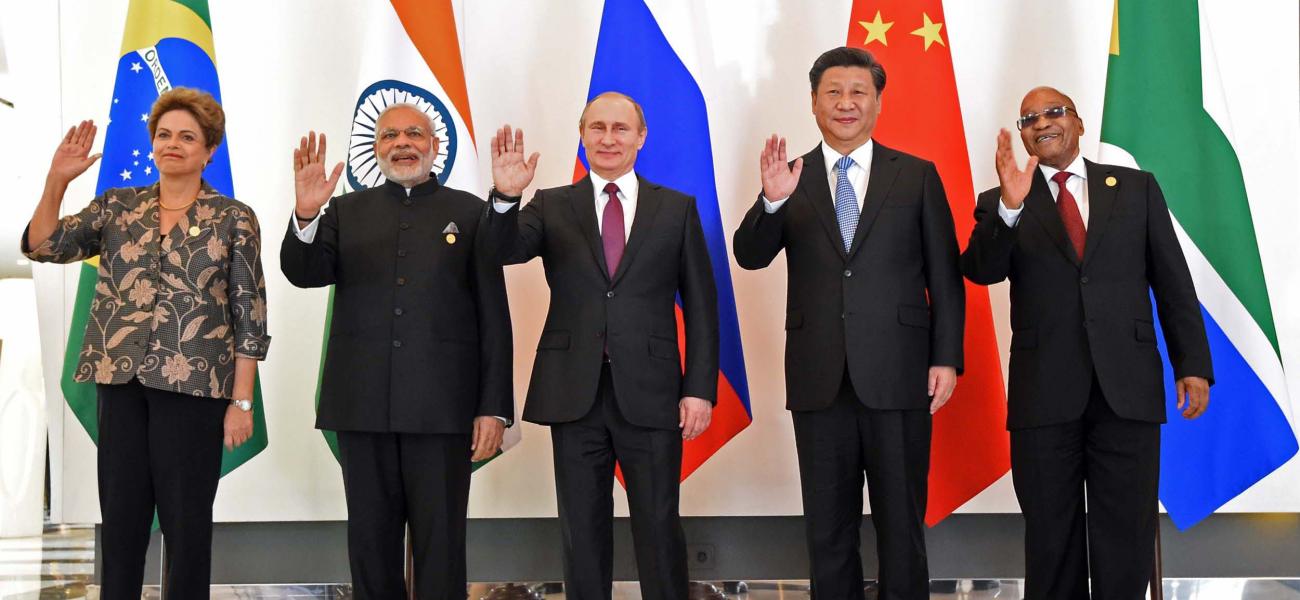
Russian Sanctions: Why ‘Isolation Is Impossible'
This is a summary of an article originally published by Financial Times.
The author writes that Russia's S-400 Triumph missile defense system's most dangerous aspect is the damage it has done to the U.S. sanctions program and efforts to isolate Russia. Interest in the systems has remained steady from nations including Turkey, India, China, Saudi Arabia, Qatar and Iraq. “An ever closer friendship with China has provided Moscow with international finance, new trade opportunities and diplomatic heft." Moscow has also solidified ties with several Middle Eastern countries, the EU has also not shirked doing business with Russia and demand for Russian gas and oil exports remains high. Of European countries, Britain is more hawkish toward Russia, but "British energy group BP is one of Russia’s biggest foreign investors through its 19.75 percent stake in Rosneft." A senior executive at a major international energy company told the author: “‘You cannot isolate a country as big and as important as Russia. It was never going to work.’” Moscow's strong relationships with China and Saudi Arabia also play an important role. However, Russia's pivot from the West hasn't been taken as well by all of Moscow's elite. "Sanctions are slowly cutting off some of Russia’s clique of billionaire oligarchs from access to Western countries and their banks, lawyers, schools and hospitals that have become part of their lifestyles. … ‘The new partnerships are all well and good, but frankly the elite here are more comfortable in the south of France, not on some island in the South China Sea,’ says one sanctioned Russian businessman.”
Read the full article at Financial Times.
Henry Foy
Henry Foy is the Moscow bureau chief for the Financial Times.
Photo by the South African Government Online shared under a CC BY-ND 2.0 license.

